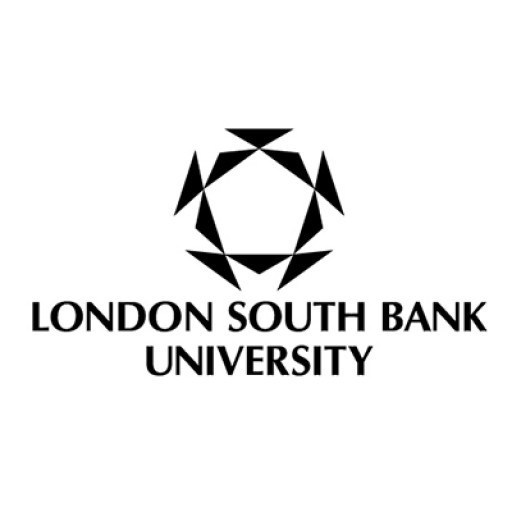Photos of university / #lancasteruni
Collaboratively delivered with the Department of Politics, Philosophy and Religion (PPR) and the Law School, this programme has three core taught modules, which examine different aspects of diplomacy, foreign policy, and international law, providing a strong introduction to the field.
Teaching draws upon distinguished practitioners with experience in the field and may include student trips to the Foreign and Commonwealth Office in London, European Union organisations in Brussels and international organisations in Geneva.
A student is awarded either an LLM or an MA degree dependent on the weighting of law and politics courses studied. A major factor will be the department responsible for the supervision of the final dissertation.
Core
- Theory and Concepts in Diplomacy and Foreign Policy
- Dissertation (Standard)
- International Law
- Issues and Practice in Diplomacy and Foreign Policy
Optional
- Theory and Methods in Postgraduate Studies
- Independent Study Module
- Major Approaches to the Study of International Relations
- International Relations and Politics of South Asia
- European Union Law
- International Business Law and Institutions
- International Environmental Law
- European and International Competition Law
- Law and Global Health
- Conflict Management and Contemporary Conflicts
- Globalisation: Its Meanings, Causes and Consequences
- Theorising Security and War
- LLM Gender, Sexualities and Human Rights
- International Criminal Law
- The Law of International Organisations and Institutions
- The Rights of Peoples
- Politics and International Relations of the Middle East
- Environmental Law
- International Family Law
- International Human Rights Law
- International Terrorism and the Law
- The right to adequate food as a human right
- Transitional Justice, Human Rights and Peacebuilding
Requirements
- An upper second class honours degree, or its equivalent. Relevant professional qualifications and experience will also be considered
- IELTS: 6.5 or equivalent
- Assessment: Coursework and dissertation
- Bakalavr or Specialist Diploma
- Degree certificates and transcripts of previous higher education (college/university) degrees or other courses that you have completed/for which you are currently studying. Note that, for transcripts in languages other than English, a certified English translation will be required
- Personal Statement
- Research proposal (for research degrees)
- References
The financing options for the Diplomacy and International Law program at Lancaster University encompass a range of funding sources designed to support both domestic and international students. Prospective students are encouraged to explore various avenues such as government grants, scholarships, bursaries, and external funding opportunities. Lancaster University offers several merit-based scholarships specifically targeted at international students, which can significantly offset tuition fees. Eligible students may also consider applying for regional, national, or international scholarships provided by governments, organizations, and foundations. Additionally, students can access financial support through student loans available in their home countries, where applicable, or through the UK student loan system if they meet residency criteria.
The university itself provides information on tuition fee payment plans, enabling students to spread payments over the course of their studies. There are also part-time work opportunities available on-campus, which can help students manage living expenses and supplement their income during their studies. International students should also budget for additional costs such as health insurance, visa fees, accommodation, and daily living expenses. Lancaster University’s financial aid office offers guidance and counseling to assist students in identifying suitable funding options and understanding the application process. It is recommended that students start their funding search early, considering deadlines and eligibility requirements. Overall, the program’s financing framework is designed to make studying at Lancaster accessible through a combination of institutional, national, and private funding sources, aiming to reduce financial barriers and support students’ academic goals.
The Diplomacy and International Law program at Lancaster University is designed to provide students with a comprehensive understanding of the core concepts and practical skills required to navigate the complex world of international relations. This interdisciplinary course combines theoretical frameworks with real-world applications, preparing graduates for careers in diplomacy, international organizations, government agencies, law, and policy analysis. Students explore key areas such as international law, diplomatic practice, conflict resolution, international security, human rights, and global governance. The curriculum emphasizes critical thinking, negotiation skills, and an understanding of legal and institutional contexts that shape international diplomacy. Through a blend of lectures, seminars, workshops, and case studies, learners are encouraged to analyze current international issues and develop strategic problem-solving abilities. The program also offers opportunities for internships, national and international placements, and engagement with practitioners to gain practical experience and professional networks. Lancaster University’s academic staff are experts in their fields, providing mentoring and guidance to support students’ academic and career ambitions. The program aims to produce well-rounded graduates who are equipped with the knowledge, skills, and ethical awareness to influence international policy and promote peaceful, just, and sustainable solutions to global challenges. Students are encouraged to participate in debate, research projects, and conferences to enhance their learning experience. Upon completion, graduates can pursue careers in diplomacy, international law firms, government departments, non-governmental organizations, and international agencies such as the United Nations. The program is suitable for those interested in understanding the legal frameworks that underpin international relations and in developing diplomatic skills essential for effective international communication and negotiation.







